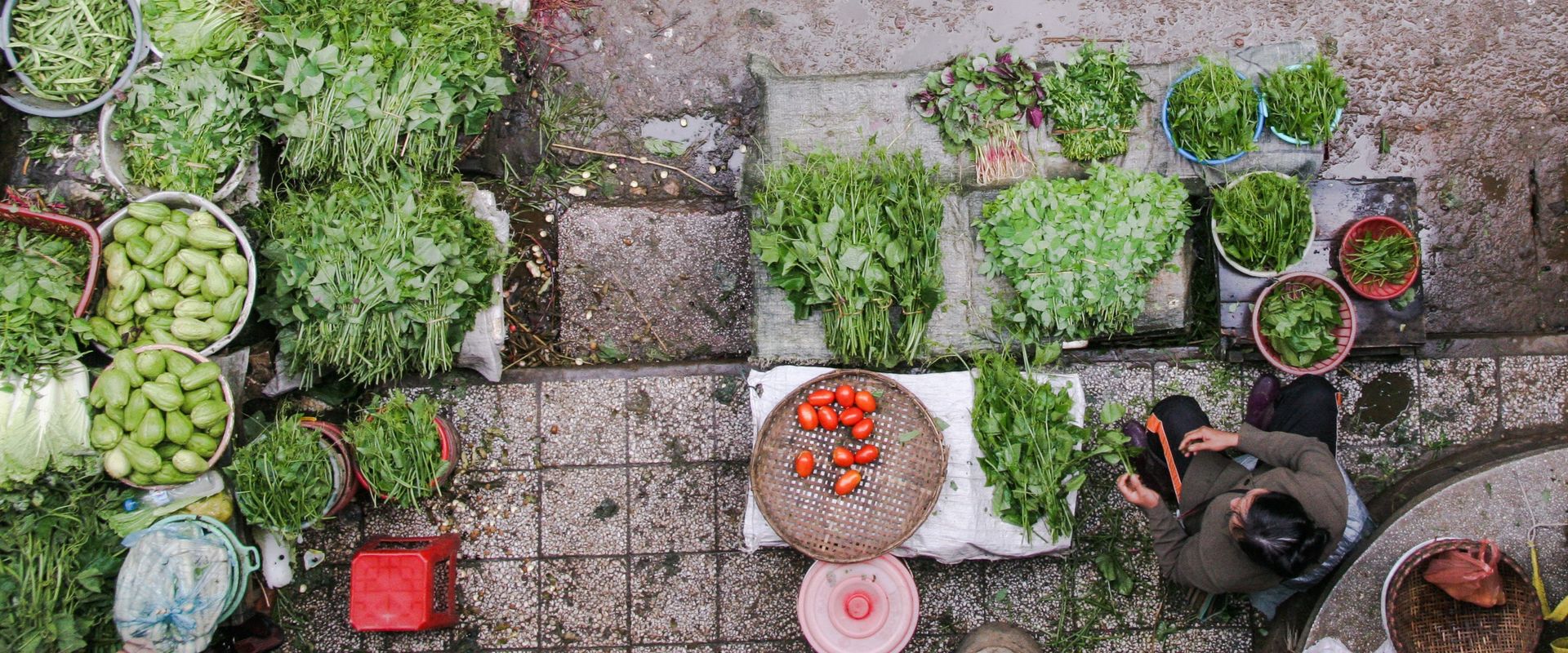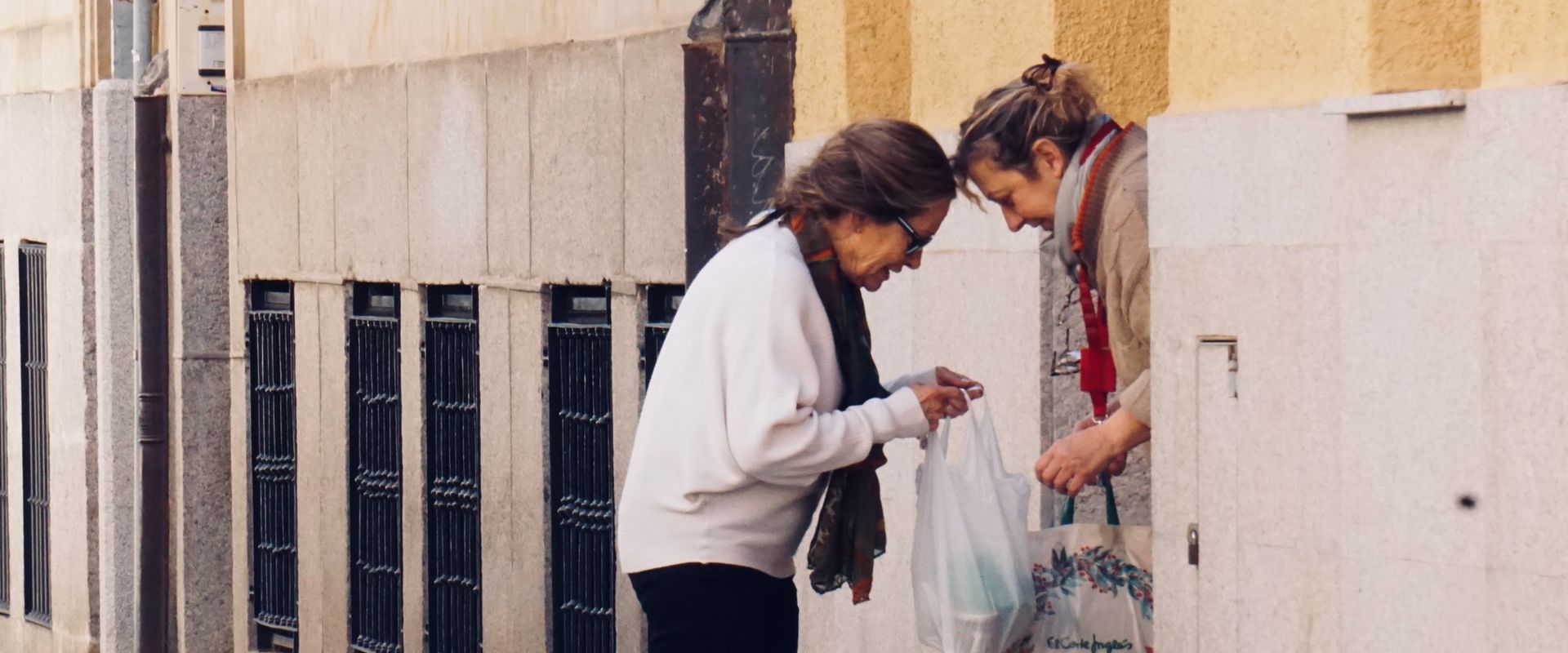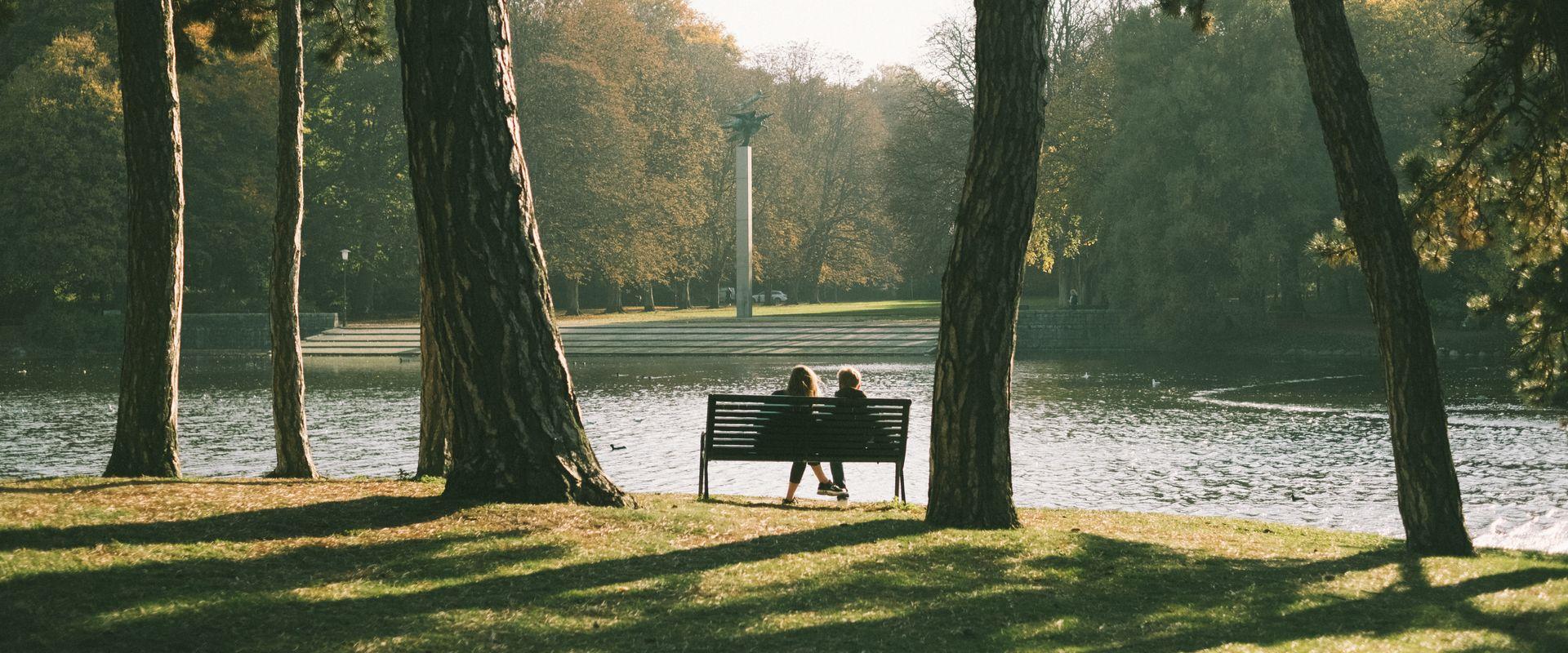I have never heard Bluefield referred to as the light of the world, but I cannot imagine a city that has a greater claim to this name. Over the last century, Bluefield and the surrounding areas have mined some of the best burning coal in existence and shipped it nationally and internationally.
We were the fuel that fed the industrial revolution and the wind that blew the sails of our warships during the world wars. We built Pittsburgh and the entire steel industry, and in turn the tallest buildings in the world. Our coal and natural gas have been used to turn lights on in nearly every nation on Earth. When you see the famous nighttime cityscapes of New York, London, Paris, or Hong Kong, you are very likely seeing power that was clawed out of the ground by an Appalachian miner, some of the toughest men and women that have ever lived. The only thing stronger than our miners is our faith. Our mountains are adorned with steeples proclaiming the true Light of the World.
People moved to this area because of a promise that hard work was rewarded here. African Americans and immigrants from Italy, Scotland, Ireland, and countless other countries made these mountains their home. They came with hopes and dreams. Bluefield quickly grew into a bustling city known to some as Little New York. The future seemed as bright as the great lights that we powered.
In Booked: Literature in the Soul of Me, Karen Swallow Prior shows how E.B. White’s book, Charlotte’s Web, demonstrates the power of words to shape us. The words “some pig,” “terrific,” and “radiant” work to change people’s opinions of Wilbur — and ultimately save his life. As people come to see the beautiful words spun in the web, they begin to see Wilbur as something special. Beyond that, it changes how Wilbur sees himself. Though at first he protests that he does not fit the description of “terrific,” he soon internalizes the words. When Charlotte doubts his radiance, he proclaims that he feels radiant.
Many people try to explain the change of fortune in our area. The population has drastically decreased. Good paying jobs are hard to come by. Some people blame the economy, some blame the government, and others blame drugs or the doctors who prescribe them. I propose that the reason there are few jobs here after coal is the same reason for our drug epidemic. In the words of G.K. Chesterton, that which “leads to poverty is the same as the thing which leads to drink; the absence of … dignity, the absence of an instinct that resists degradation.” We have allowed our culture to negatively stereotype our area. Worse yet, we have believed the lies. The lies that we are of less value, that we are slow of speech and mind, that we are a joke. We have believed that there is no future in these mountains. We have been shamed.
This is not new. If we believed in the value of our communities, then why did we allow our coal to build industries and infrastructure in Pittsburgh and around the world but not here? Why, when we were pulling wealth out of the earth, did we agree to one-sided deals that gave us just enough to survive and did nothing to secure a strong future? Why did we allow our fathers to be used as cheap tools and thrown away when they broke? Then allow pharmaceutical companies to prey upon them, because of their good insurance, with legal heroin? Why have we always encouraged our best and brightest to leave? I believe it is because we never really felt we were worth it. We were just immigrants. We were just laborers. We were “grasshoppers in our own eyes.”
It has always amazed me that we have believed these lies. We have inherited something more valuable than money; our birthright is beauty. My view when I wake in the morning is greater than the works of art hanging in metropolitan museums. I find it strange that our culture is awakening to these truths before my neighbors. Tourism is on the rise for good reason. We are home to incredible hiking, fishing, and hunting. For the extreme sports enthusiast, our area offers mountain climbing, spelunking, snowboarding, and Class V whitewater rapids. Our ATV trails are drawing thousands of visitors, and thanks to the Back of the Dragon, people have begun to come from around the world just to drive on our roads.
As John of the Mountains famously said, “Thousands of tired, nerve-shaken, over-civilized people are beginning to find out going to the mountains is going home; that wilderness is a necessity.” These beautiful mountains are our rich inheritance. Countless people are hearing their call and coming to share in the beauty, peace, and healing found in their shadows. We are the envy of young professionals who work out every day by pretending to climb mountains and row boats. Our childhood adventures are the dreams of urban elites. Our typical Saturday is their once-in-a-lifetime adventure. They see our beauty because we are a city on a mountain that cannot be hidden. We are the light of the world.
Prior points out that “the power of giving something its proper name, in turn, empowers it to become the name it is called.” I believe it is time we speak a new name over our area. A name that recognizes the beauty and worth of our home. A name that restores dignity and erases shame. John F. Kennedy believed that human dignity was the source of purpose. I believe purpose could eradicate poverty, that dreams are stronger than drugs. We need to determine to stay, to build, and to fight for the future our fathers gave their lives for. We need to refuse to be degraded any longer. We need to take pride in these mountains and the legacy of our ancestors. Though it seems dark, we need to proclaim light. Then maybe, just maybe, we will quit doubting our worth and see that, like Wilbur, these mountains and her people are really something, terrific, and radiant.






This story is from Common Good issue 08.